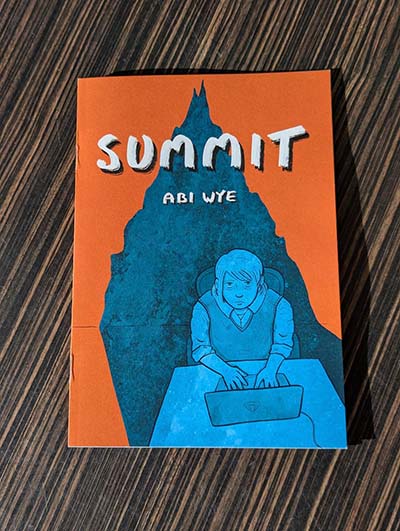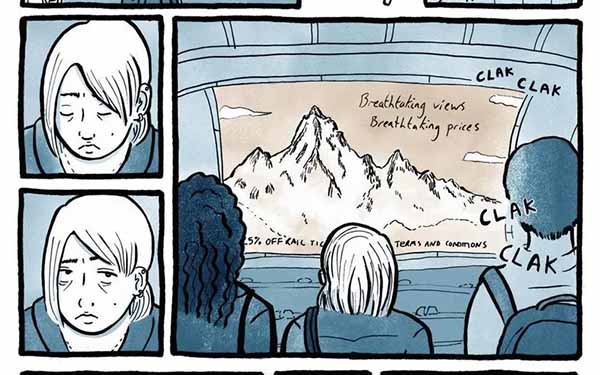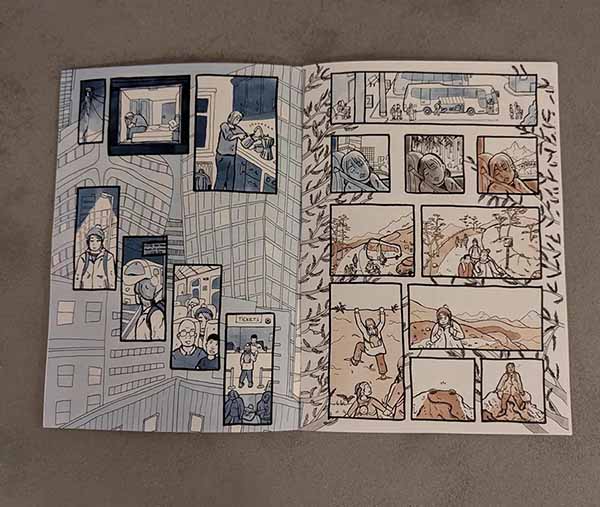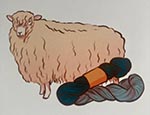It would be painful for me to say that in the pages of Summit Abi Wye takes the idea of magical realism to uncharted heights but it’s too late now as I’ve already done it. This is a little gem of a story that manages to be unlikely, heartwarming and funny simultaneously. And it has an important message at its heart as well.

So let’s look at its off-centre premise first. Brynn works in the city as a project manager for an app development agency. It’s a life that is unremarkable in its routine of commuting, working and limited personal time. The sort of existence that would be familiar to us all. But there’s an added twist to Brynn’s family background. Her father is the country’s tallest mountain, and Brynn is long overdue a visit with him. One that may prove to be somewhat awkward given that their worlds no longer really overlap…
You can, of course, always elicit your own thematic takeaways from work like this. Summit, though, gives us two characters who are forever part of each other even if their lives are now unquestionably divided. When Brynn reaches her father’s looming presence it’s clear the mountain has very little understanding or empathy for her current life even while maintaining his parental love. While she, in turn, has moved on from his environment and worldview.
In that regard what we have here is a poignant conversational story, in turns both witty and poignant (“Cities are a fad. Trust me” the mountain says disparagingly at one point). But it’s also a tale that strikes a resonant chord as a metaphor for how our relationships can shift and evolve, requiring our love for those around us to be flexible and adapting.

Wye uses two colour schemes to contrast the industry of the city with the sedateness of the countryside and this is similarly reflected in page and panel layouts and perspective. There’s one quite beautiful symbolic double-page spread towards the story’s end that quietly but touchingly sums up its message. Summit is something very different but also something very welcome.
Abi Wye (W/A) • Self-published, £5.00
Review by Andy Oliver











